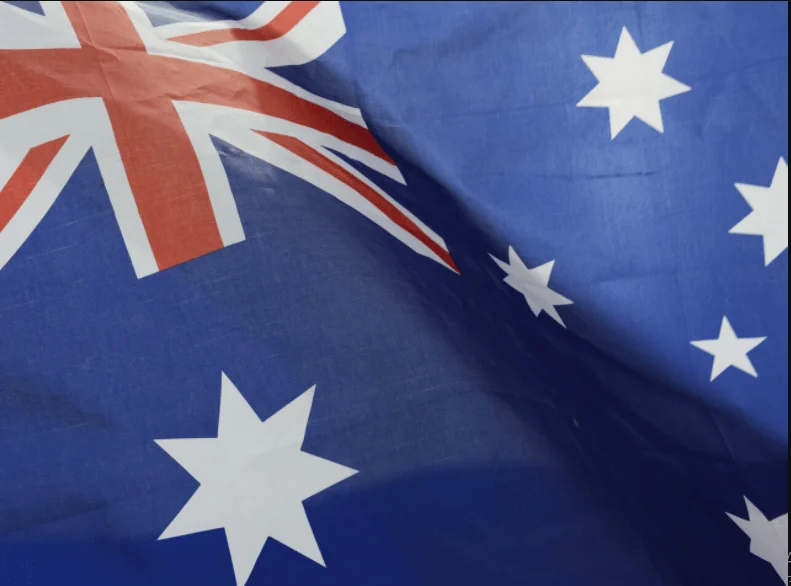The industry organisation has accused the government of focusing on tales about harmful actors and frauds rather than engaging with the blockchain community to develop regulation that is fit for purpose.

Blockchain Australia, a trade organisation representing the country’s cryptocurrency business, has cautioned that the country has fallen behind on the regulatory front as a result of the unjustified maintenance of a dismissive “wild west” image.
The group has been proactive in its interaction with the government in recent months, as the government continues to examine the future of blockchain and fintech in the country, as well as regulation.
Last week, while testifying before the Senate Select Committee on Australia as a Technology and Financial Centre, Blockchain Australia CEO Steve Vallas stated that the association is adamantly opposed to the narrative that the crypto space is still “a bit of a wild west” and has been “very deliberately requesting regulator engagement.”
“The landscape […] today is entirely different. We don’t see an appetite within Australia for ICOs, we don’t see the regulators comfortable allowing that to happen again, so we have a new chapter, but the narrative has persisted. […] When people don’t understand the space, the tendency is to lean in on the wild west, to lean in on nefarious and bad actors.”
Vallas’ viewpoint was largely reiterated by Michael Bacina, a partner at the Australian law firm Piper Alderman who specialises in digital law with a particular emphasis on fintech, regulatory technology, and the blockchain and digital asset industries.
Unlike Vallas, however, Bacina made a direct comparison between Australia’s regulatory lag and the situation in some other jurisdictions, most notably the United States. In the latter, he claimed that people are “effectively reading the tea leaves of what prosecutions have occurred to try and understand.”
Following Vallas and Bacina, Chloe White, managing director of Genesis Block, testified before the committee that the Australian government has focused its energies on the industry only intermittently and primarily during times of hysteria.
Rather than continuing to engage with the space during quiet periods, she said, local politicians have failed to build a “real understanding of the space and its trajectory” and have remained “very reactive in terms of policy advice and analysis.”
Australian Senator Andrew Bragg said earlier this year that Australia must improve its regulation of crypto assets if it wishes to “stay ahead of the game” and stimulate technological and financial innovation.
